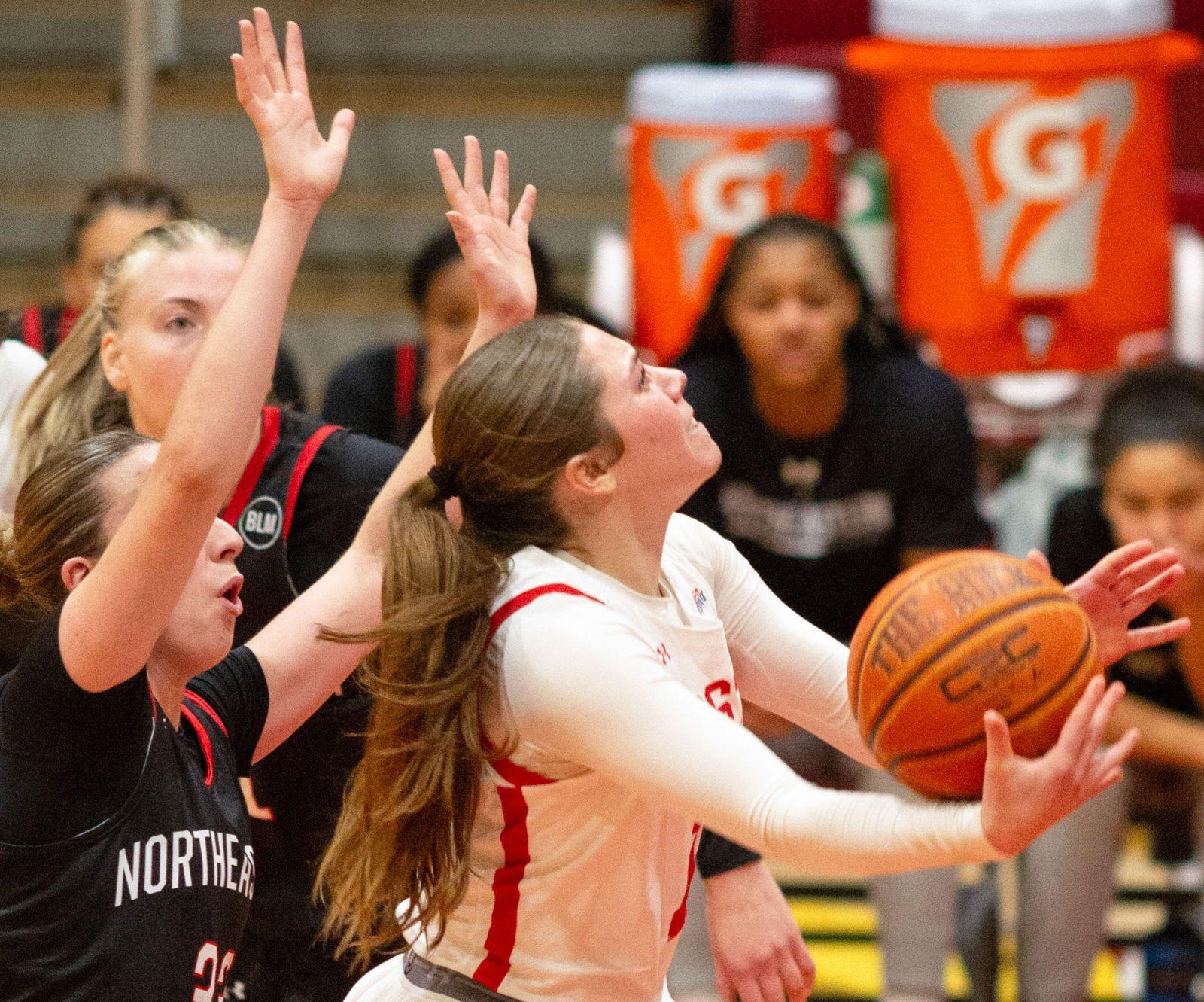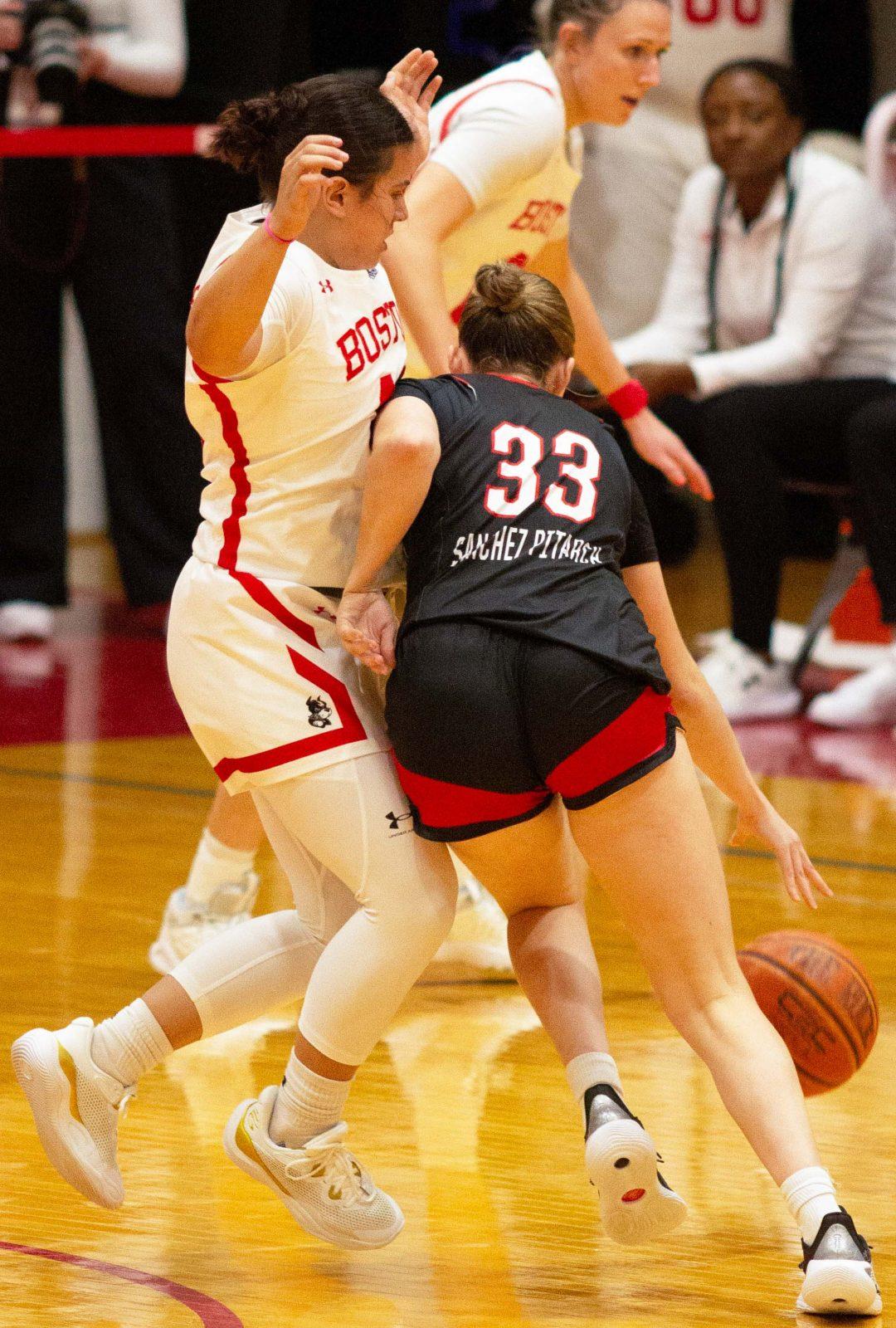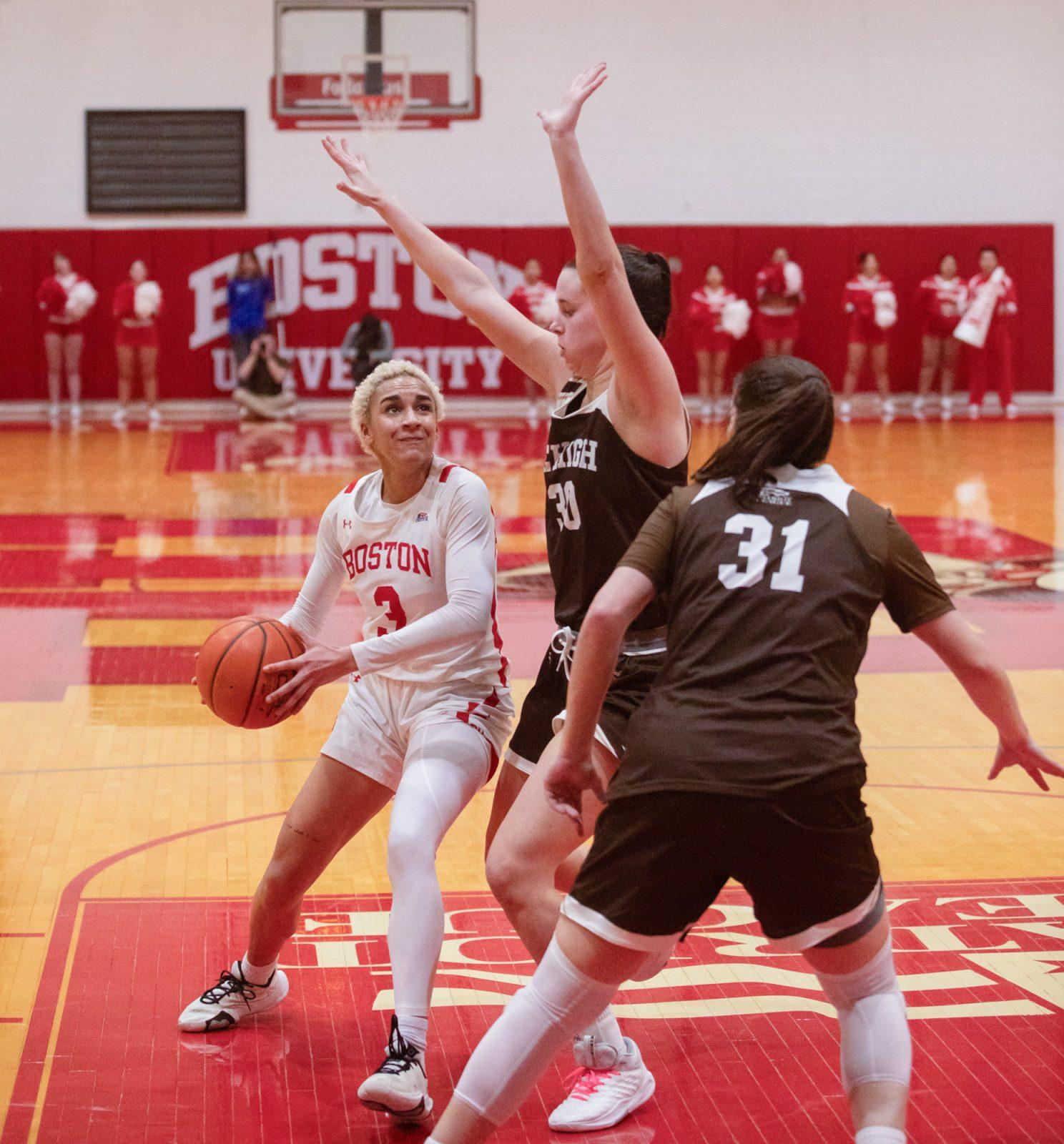It was Isaac Newton who famously said, “If I have seen farther than others, it is because I have stood on the shoulders of giants.”
When Jason Collins came out April 2013 and publically admitted he is gay, it seemed like a weight had been lifted off the shoulders of so many young gay athletes who were looking for a role model to follow and admire.
However, according to University Massachusetts Amherst sophomore guard Derrick Gordon, Collins’s announcement was not enough to convince him that he too should come out to the world.
It was not until Collins signed a 10-day contract with the Brooklyn Nets in 2014 that Gordon — who averaged 9.4 points per game and shot 47 percent from the field in his first season at UMass — finally decided it was time to tell his teammates and the world that he is gay.
In an interview with ESPN on April 9, Derrick Gordon became the first openly gay college basketball player, and next season he will be the first openly homosexual active player in NCAA Division I history.
“Before, I usually just kept to myself because I didn’t want to lie or be fake,” Gordon said. “But not anymore. I feel so good right now. It’s like this huge weight has been lifted off my shoulders.”
Gordon is certainly not the only gay athlete playing collegiate athletics, but his public announcement is the first step toward more collegiate athletes publically acknowledging their homosexuality.
In February, former University of Missouri defensive end Michael Sam became the first openly gay football player, and if drafted in May’s NFL Draft, he could become the first openly homosexual player in NFL history. Although both Collins and Sam publically came out as gay athletes, Gordon’s announcement is unique in the fact that he will still be an amateur athlete when he steps onto the court next season.
For years, critics have debated the infusion of gay athletes into professional sports. But what about the NCAA?
One could make the argument that publically admitting your homosexuality while playing collegiately is a more difficult challenge than playing professionally.
No union. No protection. No paycheck.
Gordon’s announcement is a milestone in an institution that struggles with change. It is a choice that will ultimately pave the way for more young athletes to feel comfortable pursuing college athletics without worrying about their sexual orientation.
Gordon’s decision to publically admit his homosexuality gives us the chance to look at the state of “gay athletes in America.”
Currently, there is just one active professional athlete between the four major sports who has publically said he or she is gay. If drafted, Michael Sam will become the second active openly gay professional sports player in North America.
With Gordon’s announcement last week, we now have a total of three. Just three athletes between Division I and professional sports across the country that have publically admitted they are gay. That is it.
According to the William Institute review conducted in April 2011, approximately 3.8 percent of American adults identify themselves as members of the LGBT community. That equates to about 10 million people who identify themselves as gay, bisexual or transgender.
Without even including kids in the survey, the numbers speak for themselves: the LGBT population is growing steadily. There are gay politicians and gay celebrities, but only three gay athletes.
The decision is not easy, and certainly faces its fair share of scrutiny. But when looking at the state of athletics in this country, there is a desperate need for change.
Society is progressively moving towards the acceptance of the LGBT community, but there are still many barriers to break, especially in sports.
In February, lobbyist Jack Burkman said he was preparing legislation that would ban gay players from the NFL.
“We are losing our decency as a nation,” Burkman said in a statement. “Imagine your son being forced to shower with a gay man. That’s a horrifying prospect for every mom in the country. What in the world has this nation come to?”
Burkman’s absurd bill is a scary reminder of what many people still think of homosexuality in this country.
There is no doubt in my mind that at some point in my life I have played against or alongside someone who is gay. It did not matter to me then, and it does not matter to me now. If they are good enough to play, then what difference does it make who they go home to at night? I judge people on the content of their character, not their sexual orientation.
For all the athletes out there who are struggling to decide if they should tell their parents, teammates, or the world who they really are, think about the great leaders before you who were once afraid to stand out in the crowd.
They stood on the shoulders of giants, and now you can too.























































































































